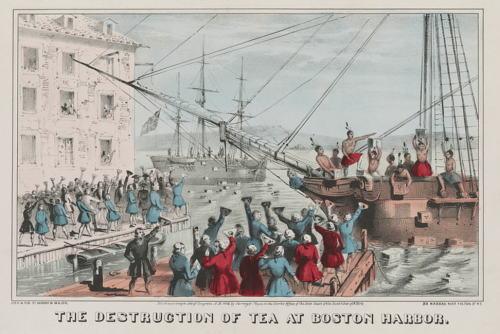One of the major narratives of the American Revolution is that the colonies resisted the idea of paying increased taxes for public expenses unless they were given representation in Parliament.
As the famous slogan goes, the colonists bristled at “taxation without representation.”
This raises one of the chief mysteries of that era: Why couldn’t both sides arrive at a peaceful compromise? The prosperous American colonies were a jewel of the British Empire. If the Americans were so incensed at their lack of representation, there seemed to be an obvious solution — just bring the colonists into Parliament.
Economists Sebastian Galiani and Gustavo Torrens think they understand why that never happened. In a new working paper, they analyze the American Revolution through the lens of game theory, the mathematical study of strategy and conflict. The economists argue there was an underlying logic to why both sides deadlocked. They believe their theory, which stresses political machinations rather than patriotic fervor as the engine of schism, might help us better understand how democracies evolve and how voting rights spread.
Read the full article online.


